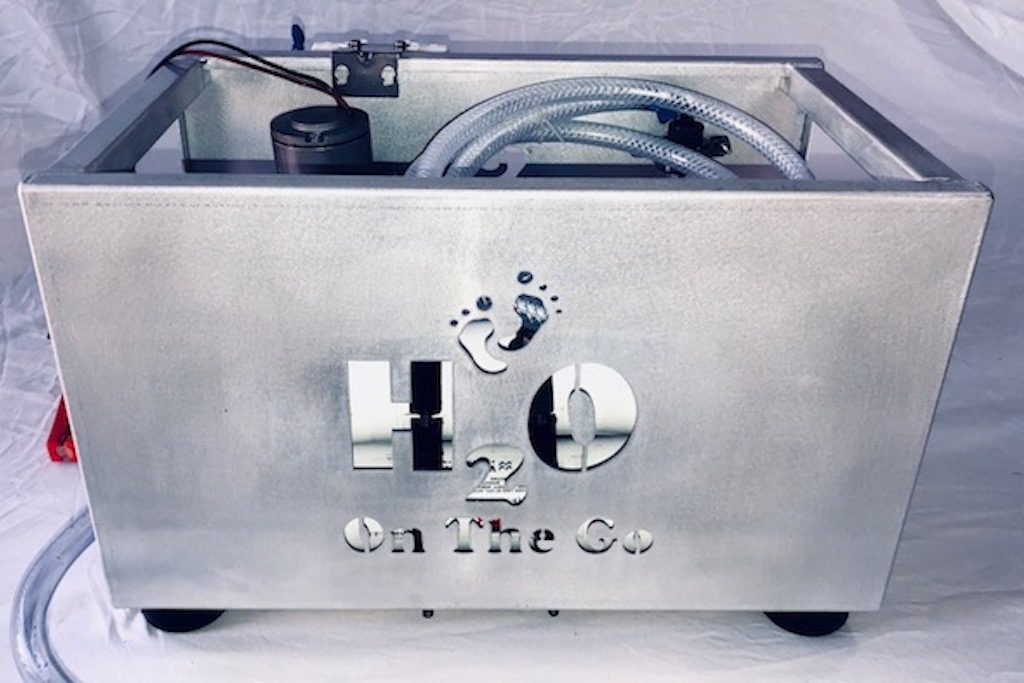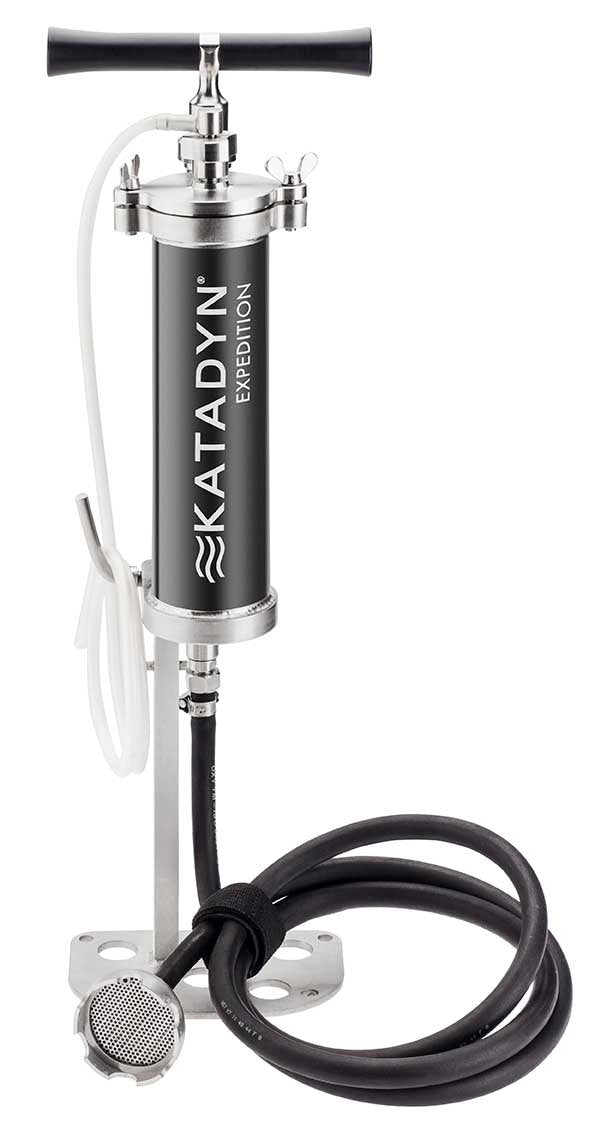I’m wondering if anyone has any experience with portable (probably marine grade) reverse osmosis purification systems? I am hoping to find a really compact version with electric pump and hose to refill my water jerry can(s) from any water source I come across.
Last edited:




